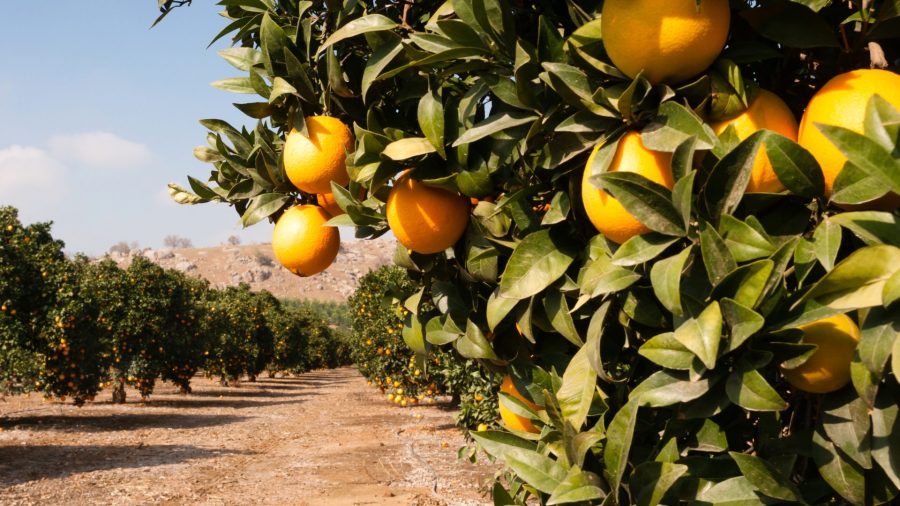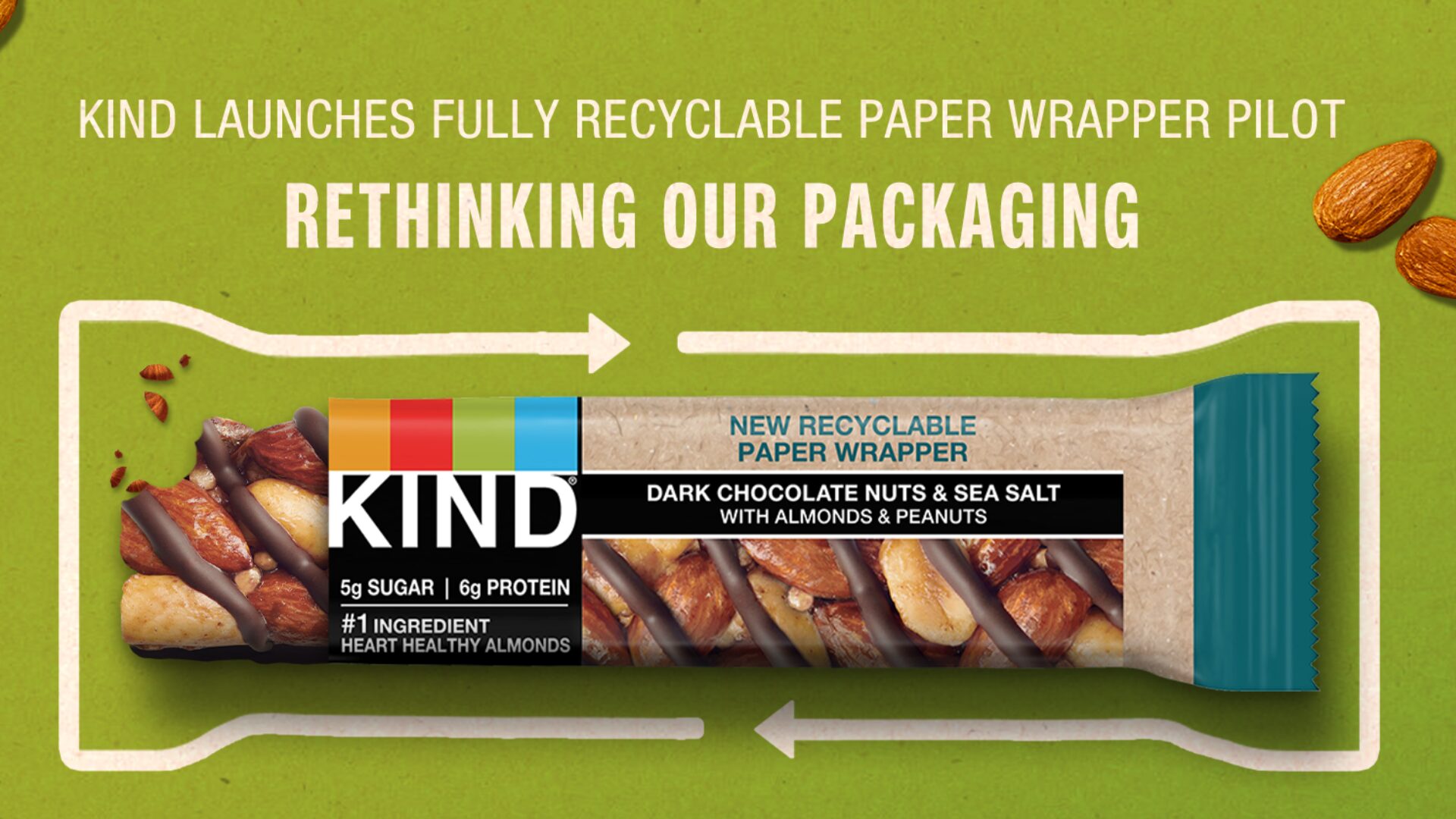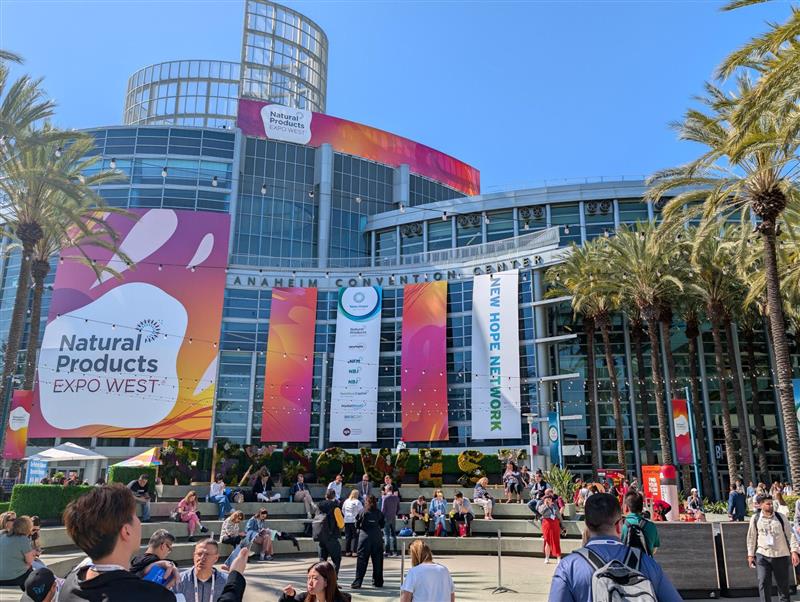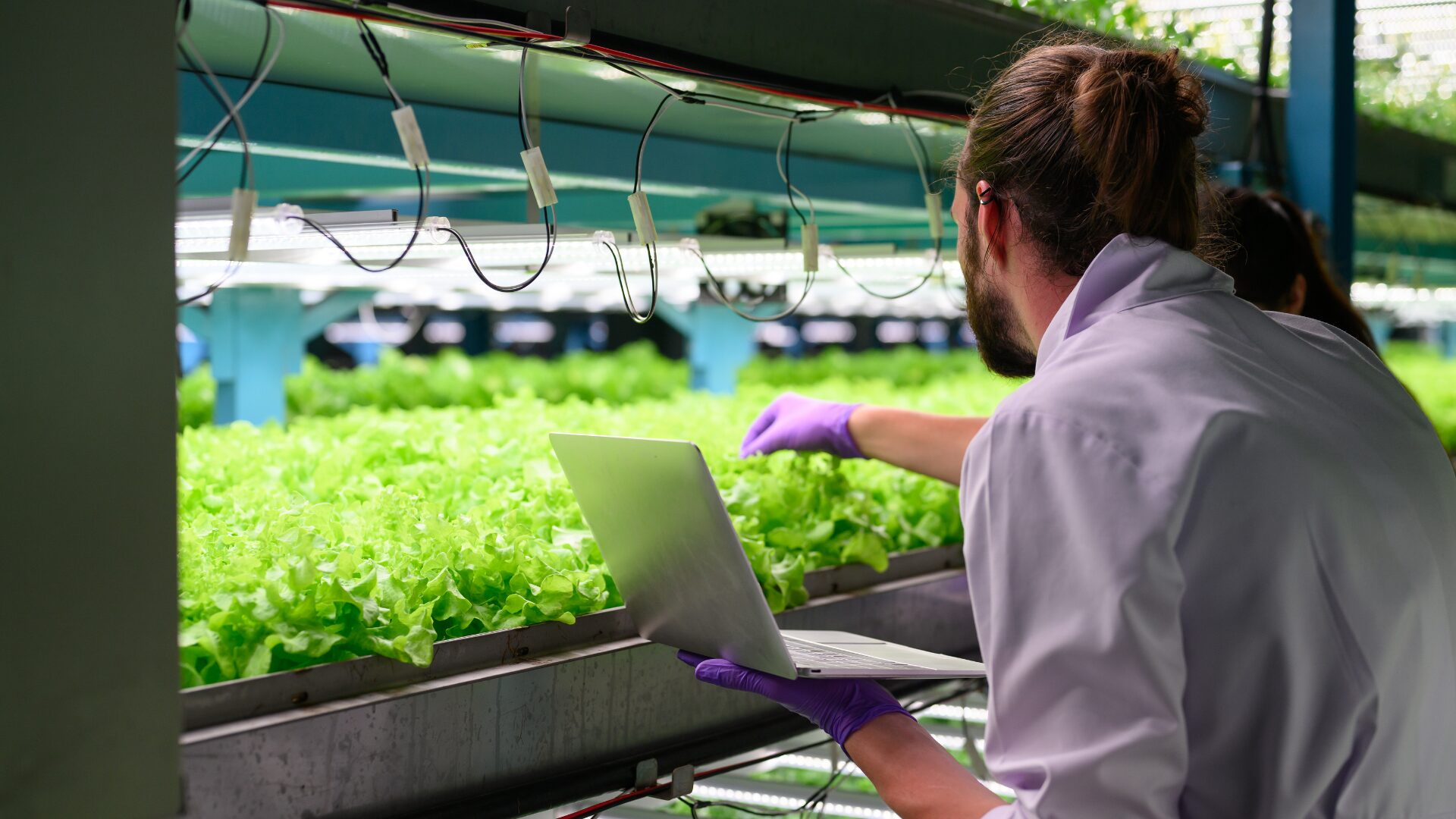By now, you’re likely familiar with Veganuary, which promotes adopting a vegan lifestyle throughout the month of January.
In 2022, though, the so-called Regenuary movement is also taking root.
Regenuary is a sustainable eating movement gathering momentum and urging consumers to choose food produced according to regenerative farming methods, reported countryliving.com.
The movement is raising awareness, at the consumer level, of how food purchases can impact the environment, said Monique van Wijnbergen, sustainability and corporate communications director with Natural Habitats Group.
“It helps us understand that, in any dietary choice we make, we either have positive or negative impact,” van Wijnbergen told The Food Institute. “Regenerative farming is about continuous improvement and creating positive impact, working in unison with nature instead of at the detriment of it.
To follow the principles of Regenuary, one can eat meat but must adhere to other criteria, such as:
- consuming produce that’s seasonal and farmed using regenerative agriculture
- all food purchased must be grown locally and not be imported
“Fun fact: 70 percent of the world’s food comes from smallholder farmers and indigenous people, and a lot of them are farming regeneratively,” said Heather Terry, the CEO of GoodSam Foods. “Regenerative agriculture is arguably one of the easiest ways to combat climate change by seriously limiting or eliminating fertilizers all together and by not using tilling methods which release large amounts of carbon into the atmosphere.
“When you buy regenerative, you contribute to the welfare of the farmers farming this way, and you’re helping to combat the climate crisis.”
Terry feels the Regenuary movement will gain more traction as food companies become more transparent about how food is produced.
“It will take companies making this commitment – banning together in the spirit of collaboration versus competition – and telling the stories about our food, instead of hiding behind beautiful packaging and marketing materials,” she said.
Meanwhile, Emily Krill, a cook and food blogger at resolutioneats.com, believes Regenuary is destined to gain larger acceptance eventually.
“People just need to be educated on the benefits of regenerative agriculture,” she said. “Everyone wants cleaner air, healthier food, and a stronger community. Buying from your local regenerative farmer is one of the best things you can do for the environment, and it’s something concrete that anyone can do. If more people know about it, the idea will take flight.”











